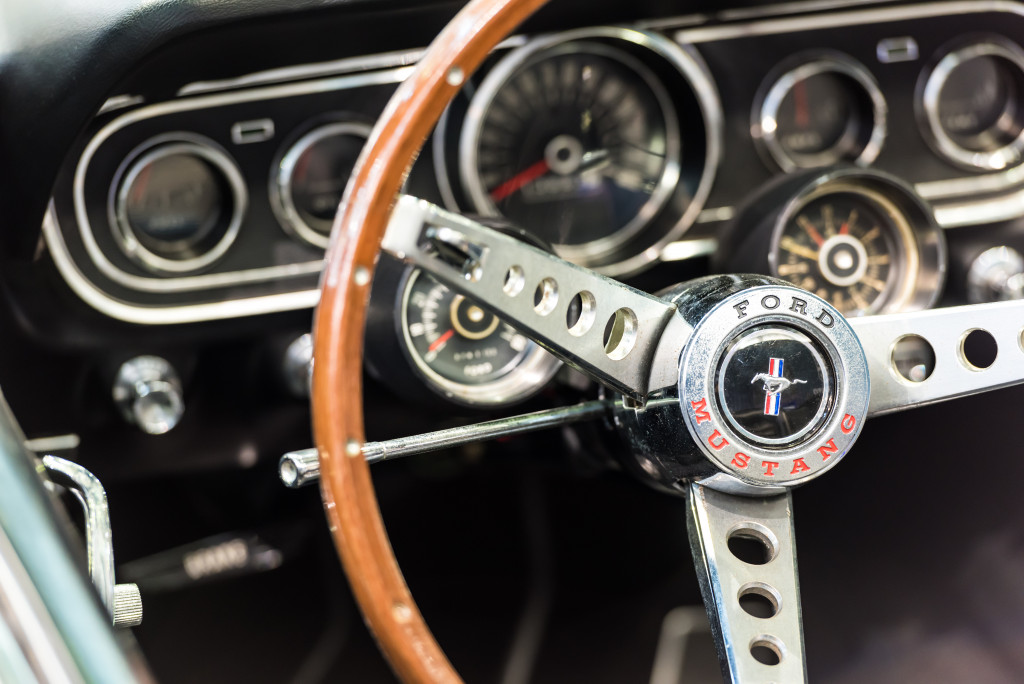Marketers always come up with interesting ways to show their products and market their services. As the world evolves, popular trends and tendencies change, and the effective marketing method does so. Especially in a perpetually connected world, these changes are significant and dramatic.
Among the most popular methods to come out in recent times is the idea of “nostalgia marketing.” It’s a rather interesting subject as many people often report that “nostalgia marketing” didn’t exist before the era of the Internet. But is it an entirely new creation? What is it really, and why is it so effective?
Nostalgia Marketing 101
Anyone who’s been on the Internet for a few minutes would see the sheer amount of “throwback content.” Cartoon shows from the 80s are being rebooted or remastered. Action figures and other toys from the 90s are being re-released again, and the original release fetches a hefty sum.
All of these happening concurrently isn’t just a coincidence. We’re at the point when people can easily gain access to the things that made their childhood, namely popular media, fashion, and objects. Nostalgia marketing is a way of harnessing that, using era-specific characters or items to sell a related product to a user base with emotional ties to it.
Why It Works
It’s easy to understand why nostalgia marketing works. But understanding why it works is a topic worth discussing, as there are many ideas to unpack. Let’s take a look at four of the most prominent reasons why it works.
-
It Feels Good
We often associate our childhood with a less complex time. As children, all we do is wake up to eat a good breakfast, enjoy our favorite TV show, and play with the toys that they love. It’s a cozy and homely memory that many cherish, often a far cry to the busy lives many adults lead. This is what nostalgia marketing often does to us. It makes us remember a better time when we were not inundated by work or tasks, and we had our parents to care for us.

-
What’s Old Today Will Be New Eventually
Another intriguing effect of nostalgia marketing is that it usually affects those not within their intended target market. Specifically, the generation that’s far removed from their target market becomes consumers by the sheer cyclical nature of trends.
Gen Zs find the late 90s and early 00s fashion trendy- and as such, they’ve become the target market for many fashion brands that hook on nostalgia. These children don’t particularly have strong memories or emotional ties to that era because the present will always be interested in the past. However, they become curious about what was popular and end up replicating them.
-
What’s Popular Today Is a Niche Interest Tomorrow
It’s not just a matter of cyclical trends. Some people end up liking whatever it is they find interesting in their childhood. Those who grew up collecting transformer toys might end up being interested in the niche hobby of toy collecting. Some people who love video games might end up becoming video game programmers or professional e-sports players. Because a community can form behind an activity or interest, trends from the past often live on in a niche form.
-
The Adults of Tomorrow Are the Children of Today
Time isn’t just the only thing that passes. We are subjects of time, and we evolve with time. Children eventually grow up, and they become adults with fond memories of popular media during their youth. When these kids eventually grow up to become money-generating adults, they’re more likely to spend on the things they liked in their youth.
The ones who never got original memorabilia with authentic autographs or special toys are more likely to become adults who’ll grab the chance to get one for themselves. We never outgrow our interests, and even if we think we did, we usually remember these things with a sense of endearment and comfort.
That’s the crux of nostalgia marketing: trends are cyclical, the youth discovers old things and make them new again, we still enjoy the things we enjoyed as a kid. Is it particularly harmful? Not really. While nostalgia marketing might receive negative audience attention now and then, it’s ultimately an effective tool because consumers like it.
Consumers Like Nostalgia
Simply put, consumers like nostalgia. It feels good, it’s familiar, and there’s an already established interest. Nostalgic products deliver a need and fulfill an emotional requirement, making them a highly effective tool to connect to an audience base. Both businesses and consumers are happy with how this marketing can impact them. It’s personal and can evoke emotions and memories in a person.
